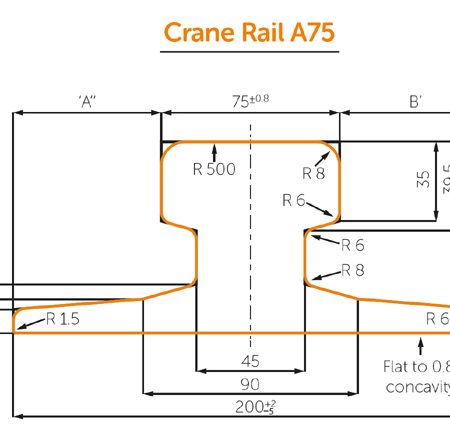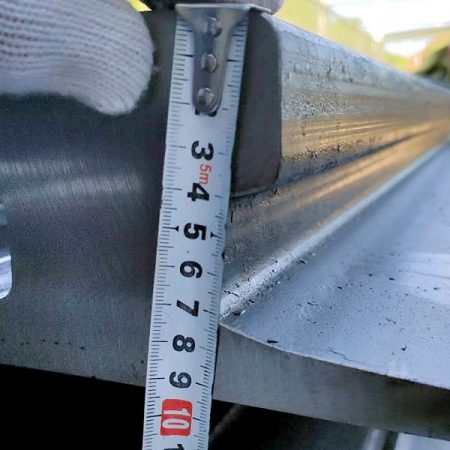The Southeast Asia steel rail market is a growing industry that is driven by infrastructure development and urbanization. The region is home to several developing countries, including Indonesia, Thailand, Malaysia, and Vietnam, which are investing heavily in infrastructure projects such as railways, highways, bridges, and ports.
According to a report by BIS Research, the Southeast Asian railway infrastructure market is expected to grow at a compound annual growth rate (CAGR) of 9.2% from 2021 to 2025. This growth is expected to drive demand for steel rails in the region.
In terms of market trends, there is a growing interest in high-speed rails in Southeast Asia. Countries such as Indonesia, Thailand, and Malaysia are investing in high-speed rail projects to improve connectivity between cities and regions. These projects require high-quality steel rails that can withstand the high-speed trains, which creates opportunities for companies that can produce these specialized rails.
Overall, the Southeast Asia steel rail market is a growing industry that is driven by infrastructure development and urbanization. Companies that can adapt to these challenges and meet the growing demand for steel rails in the region are likely to find success in the Southeast Asia steel rail market.
China is a major player in the global steel rail market and one of the largest producers of steel rails in the world. The country has a significant domestic market for steel rails due to its extensive railway network and ongoing infrastructure development projects. One of the advantages of Chinese steel rails is their low cost. This has led to increased exports of Chinese steel rails to countries around the world.
The future looks bright for the Chinese steel rail industry. The government’s massive infrastructure development plan, known as the Belt and Road Initiative, is expected to generate significant demand for steel rails. In addition, the government has continued to implement policies to support the steel industry, including investing in new technologies and promoting innovation.
In terms of market trends, there is a growing demand for high-speed rails in China. The country has invested heavily in high-speed rail infrastructure in recent years and has become a global leader in this area. This has created opportunities for companies that can produce high-quality steel rails that can withstand the high speeds and heavy loads of these trains.
Now Chinese steel rail industry is a major player in the global market, the growing demand of steel rails in China and Southeast Asia will be better and better.
Welcome to ask us the international standard flat bottom rails as below:






